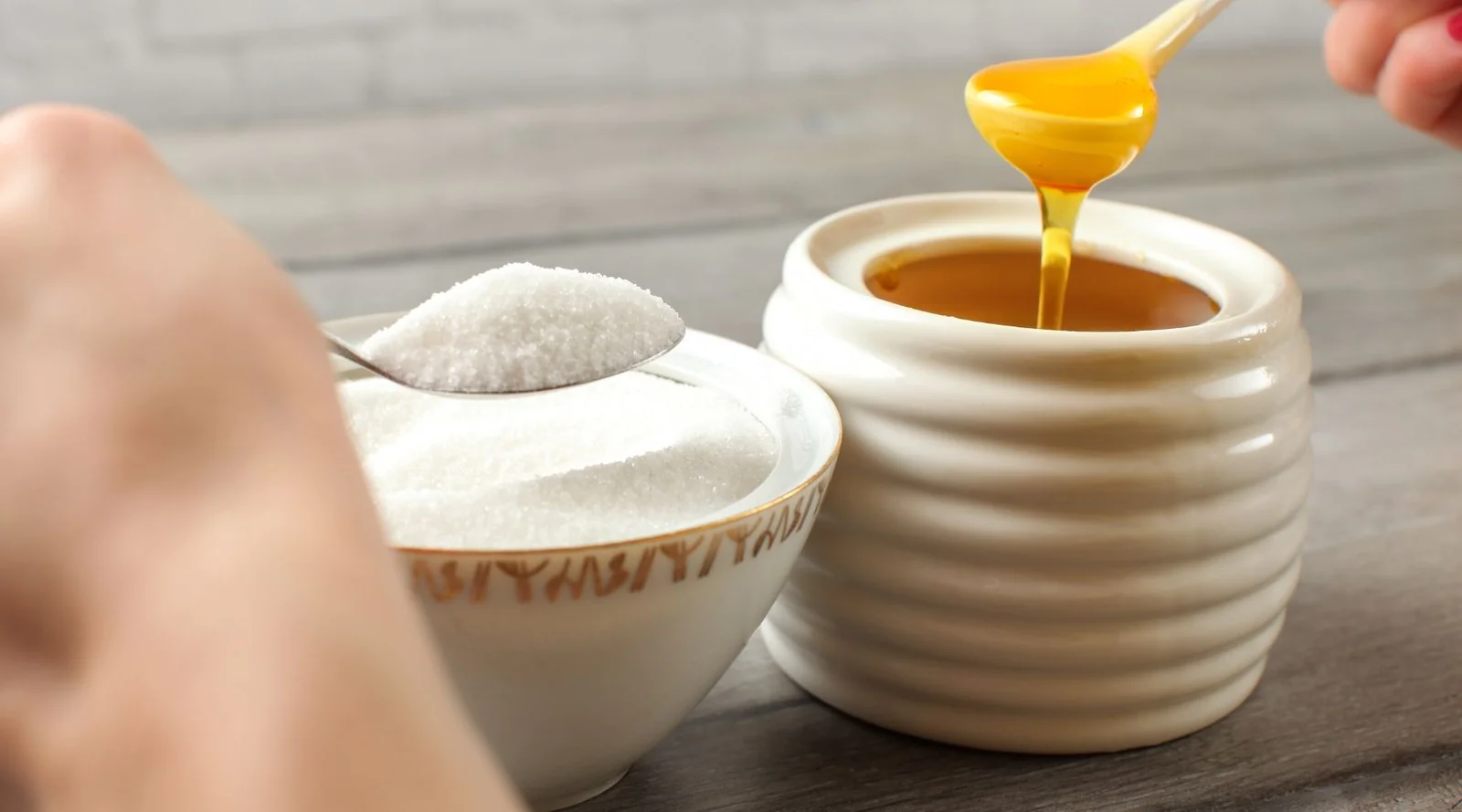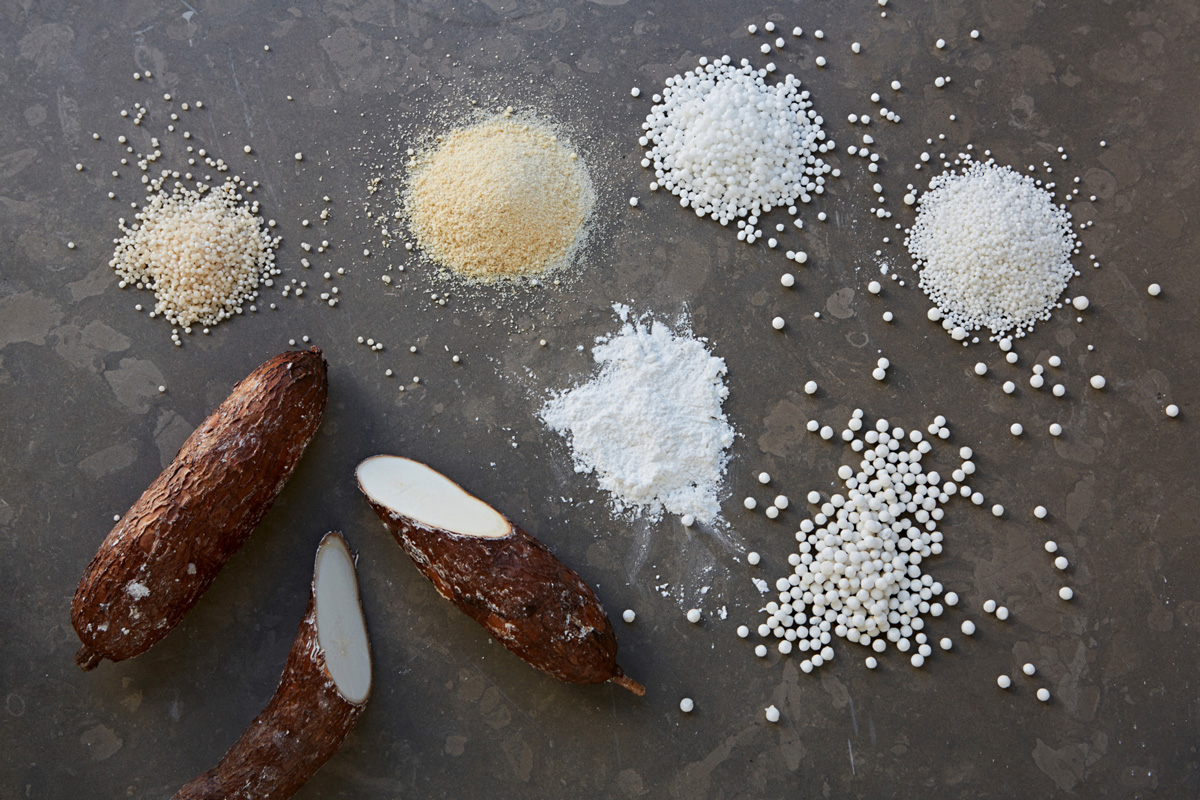
Is There a Best Time to Take Probiotics
Introduction:
Probiotics are beneficial bacteria that provide numerous health benefits, particularly for the gut. They are commonly consumed through dietary supplements or fermented foods. While taking probiotics is beneficial, many people wonder if there is an optimal time to take them to maximize their effectiveness. In this comprehensive guide, we will explore the factors to consider when timing your probiotic intake, including the effects of food, medication interactions, and the importance of consistency.
The Effect of Food on Probiotics:
a. Before Meals: Taking probiotics before meals allows the bacteria to reach the gut without interference from stomach acid or digestive enzymes. This timing can be beneficial, especially for probiotics that are more sensitive to the acidic environment of the stomach.
b. With Meals: Consuming probiotics with meals can provide protection to the bacteria as they pass through the stomach, thanks to the presence of food and the buffering effect it provides. This can increase the survival rate of probiotics and enhance their colonization in the gut.
c. After Meals: Taking probiotics after meals can be suitable for individuals who experience stomach discomfort or indigestion when consuming probiotics on an empty stomach. The presence of food may help alleviate these symptoms.
Medication Interactions:
a. Antibiotics: If you are taking antibiotics, it’s generally recommended to separate your probiotic intake from your antibiotic dose. Antibiotics can kill both harmful and beneficial bacteria, including probiotics, so taking them at different times minimizes the potential interference.
b. Other Medications: Some medications, such as certain antifungals or antivirals, may interact with probiotics. It’s important to consult with a healthcare professional or read the medication’s instructions to determine if there are any specific timing guidelines to follow.
Consistency and Daily Routine:
a. Regular Timing: Consistency in taking probiotics is more important than the specific time of day. Choose a time that fits well with your daily routine, making it easier to remember and maintain a consistent probiotic regimen.
b. Morning or Night: Some individuals prefer taking probiotics in the morning to start their day with a healthy gut, while others prefer taking them at night before bed. The choice depends on personal preference and what works best for your schedule.
c. Empty Stomach: Taking probiotics on an empty stomach can allow for better absorption and transit to the gut. However, if you experience any discomfort or digestive issues, it may be better to take them with or after meals.
Individual Factors to Consider:
a. Sensitivity: Some individuals may be more sensitive to the effects of probiotics on an empty stomach or may experience discomfort when taking them with certain foods. Pay attention to your body’s response and adjust your timing accordingly.
b. Specific Strains: Different probiotic strains may have varying survivability in the stomach acid or interactions with food. It’s essential to follow the specific instructions provided with your chosen probiotic supplement or consult with a healthcare professional for guidance.
c. Health Conditions: If you have specific health conditions, such as digestive disorders or immune system disorders, it’s advisable to consult with a healthcare professional to determine the best timing for your probiotic intake.
Conclusion:
While there isn’t a one-size-fits-all answer to the best time to take probiotics, considering factors such as the effect of food, medication interactions, consistency, and individual sensitivity can help guide your decision. Taking probiotics before meals, with meals, or after meals can all have potential benefits depending on your specific needs and preferences. Remember to consult with a healthcare professional, especially if you have specific health conditions or are taking medications that may interact with probiotics.
Kristina Shafarenko is a relationship and health and wellness psychologist and a part-time freelance lifestyle writer covering health and fitness, sex, sexual wellness, and relationships. When she’s not writing, you can find her planning her next getaway, taste-testing every coffee spot in sight, and lounging at home with her cat, Buddy.
- Best Delta-10 THC Gummies Reviewed Your Comprehensive Guide - October 17, 2023
- Comprehensive Guide on the Benefits of Aniseed Supplements - July 5, 2023
- Is There a Best Time to Take Probiotics - July 4, 2023


